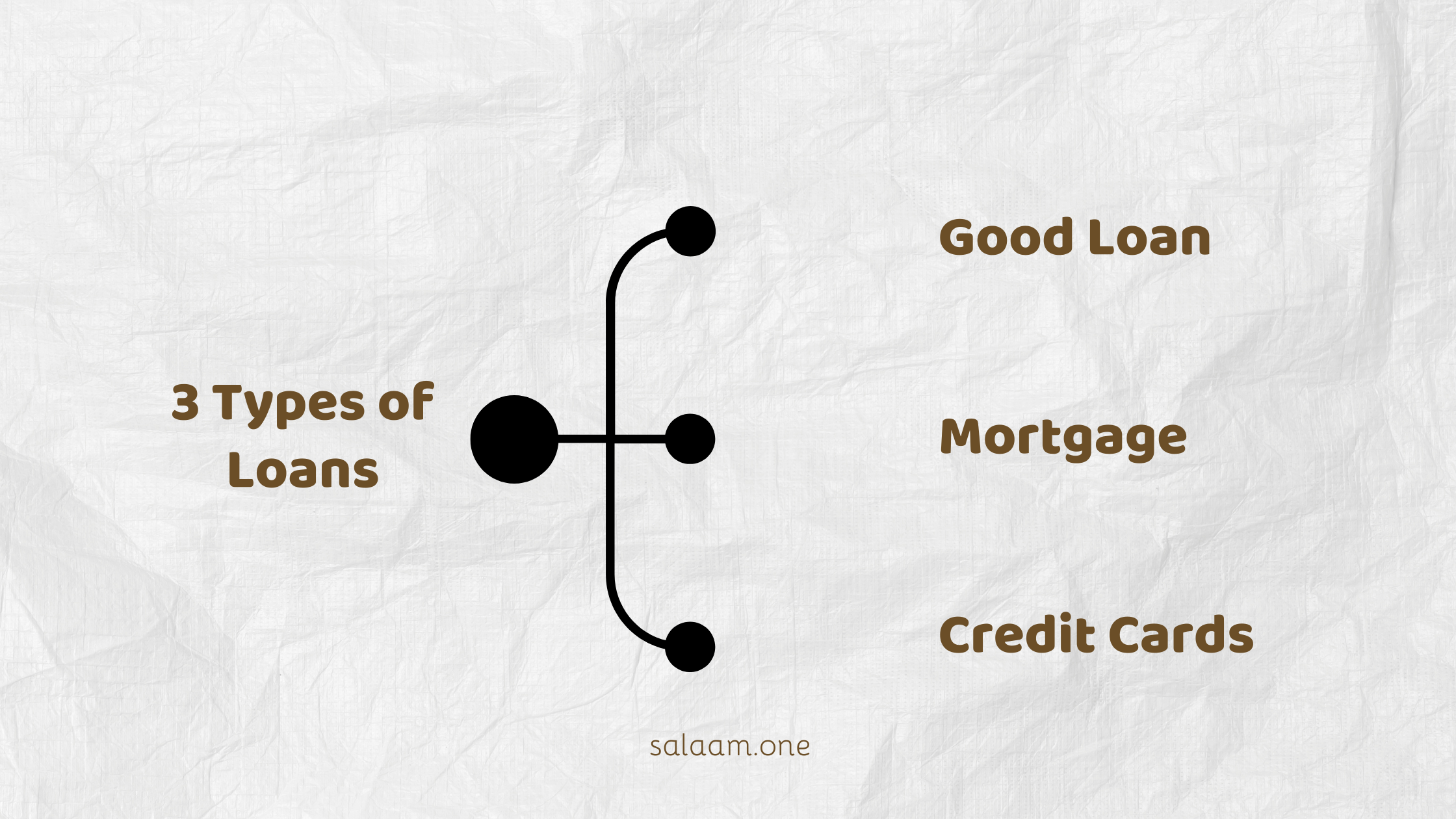
Debt is a reality for many in today’s world, but for Muslims, managing debt presents a unique challenge. Islam prohibits riba (interest), making conventional loans and credit cards off-limits. However, there are ways to navigate borrowing and lending in line with Islamic principles. This article will guide you through the options and practices that allow Muslims to manage debt ethically, while staying true to their faith.
In Islam, debt is taken seriously. The Prophet Muhammad (PBUH) advised his followers to avoid debt, stressing its spiritual and financial burden. Hadiths warn that dying with unpaid debts can affect one’s hereafter. But in modern society, avoiding all debt can seem impossible, especially when purchasing a home, starting a business, or covering education costs.
Conventional loans with interest are forbidden in Islam, so what are your options? The good news is that Islam provides permissible (halal) alternatives to help you achieve your financial goals without compromising your values.
Ready to understand your debt options in line with your faith? Keep reading for solutions that avoid riba and uphold Islamic values.

In conventional lending, riba (interest) is the price paid for borrowing money, whether in personal loans, mortgages, or credit cards. Islamic teachings are very clear: riba is haram (forbidden). The Quran warns against it in several verses, including:
“O you who believe, fear Allah and give up what remains [due to you] of interest, if you should be believers.” (Surah Al-Baqarah 2:278)
Interest-based lending is seen as exploitative, benefiting the lender at the expense of the borrower, which Islam views as unjust.
But what if you need to borrow money? Islam doesn’t prohibit borrowing altogether; it simply lays down rules to ensure that both parties are treated fairly and ethically.
Now that you know interest-bearing loans are off-limits, let’s explore halal debt options that align with Islamic principles.
A Qard Hasan is a benevolent or interest-free loan. It is a loan given with the intention of helping someone, without seeking profit. The borrower is required to repay only the original sum without any interest.
This is one of the most ethical forms of borrowing in Islam. It’s often used in cases of personal need, and some Islamic organizations offer Qard Hasan loans as part of their community support efforts.
Need to borrow money for a legitimate cause? Reach out to your local mosque or Islamic charity to inquire about Qard Hasan loans, and avoid the pitfalls of interest-bearing debt.
For larger financial needs, like buying a home, Islamic banks offer Shariah-compliant mortgage solutions such as Murabaha and Ijara.
These options help Muslims avoid interest-based mortgages while still allowing them to own a home.
Looking to buy a home while avoiding riba? Islamic banks offer Shariah-compliant alternatives to conventional mortgages—ask about Murabaha and Ijara options today!

While conventional credit cards charge interest on unpaid balances, Islamic credit cards work differently. They operate based on a tawarruq (commodity sale) structure or a Murabaha agreement, ensuring no interest is charged.
These cards can be used for everyday purchases but should be repaid on time to avoid additional charges. The bank earns money from fees rather than interest, making this a halal alternative to conventional credit cards.
Struggling with interest-heavy credit cards? Switch to an Islamic credit card that aligns with your faith and saves you from paying riba.
Islamic finance encourages people to live within their means, borrow responsibly, and lend with compassion. When you borrow, aim to repay your debts promptly to maintain financial health and spiritual peace.
Islam also encourages debt management by promoting practices such as:
By following these guidelines, you not only manage your finances better but also align your actions with Islamic ethics.
Struggling with debt? Set a goal to pay off outstanding loans and make use of halal borrowing options for future needs.

To avoid riba and make your borrowing halal, follow these steps:
Consult with an Islamic Bank: Many Islamic banks offer tailored solutions like Qard Hasan, Murabaha, and Ijara. Schedule a meeting with a representative to explore your options.
Plan Your Finances: Before borrowing, create a realistic budget to ensure you can repay the loan. Aim to live within your means and avoid unnecessary debt.
Reach Out for Community Support: If you’re facing financial hardship, consider seeking help from local Islamic charities or community funds that offer interest-free loans.
Educate Yourself: Understand how Islamic finance works and ensure you’re making informed choices. Read about the basics of halal debt options and consult with experts when needed.
Ready to make a change? Explore halal borrowing options today and commit to managing your debt without compromising your faith.
For Muslims, avoiding riba is not just a financial issue—it’s a matter of faith. Islam offers practical solutions to borrowing and lending without falling into the trap of interest-based debt. By choosing halal alternatives such as Qard Hasan, Islamic mortgages, and Islamic credit cards, you can navigate your financial needs while staying true to your religious values.
By taking control of your debt the halal way, you safeguard your spiritual well-being and contribute to a fairer, more ethical financial system.